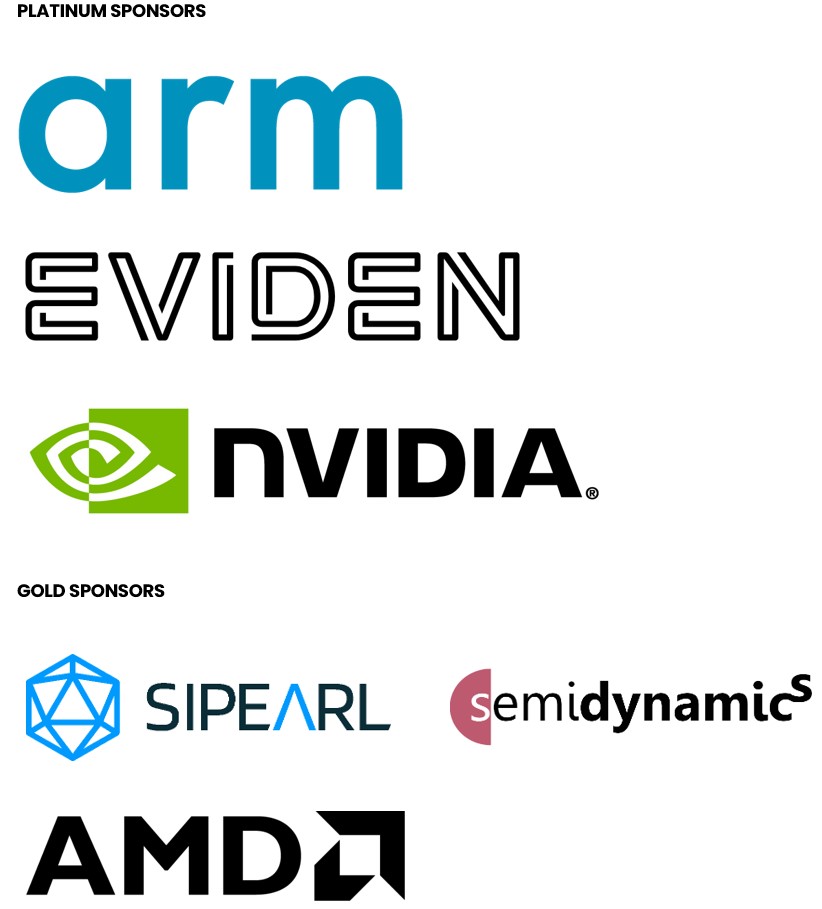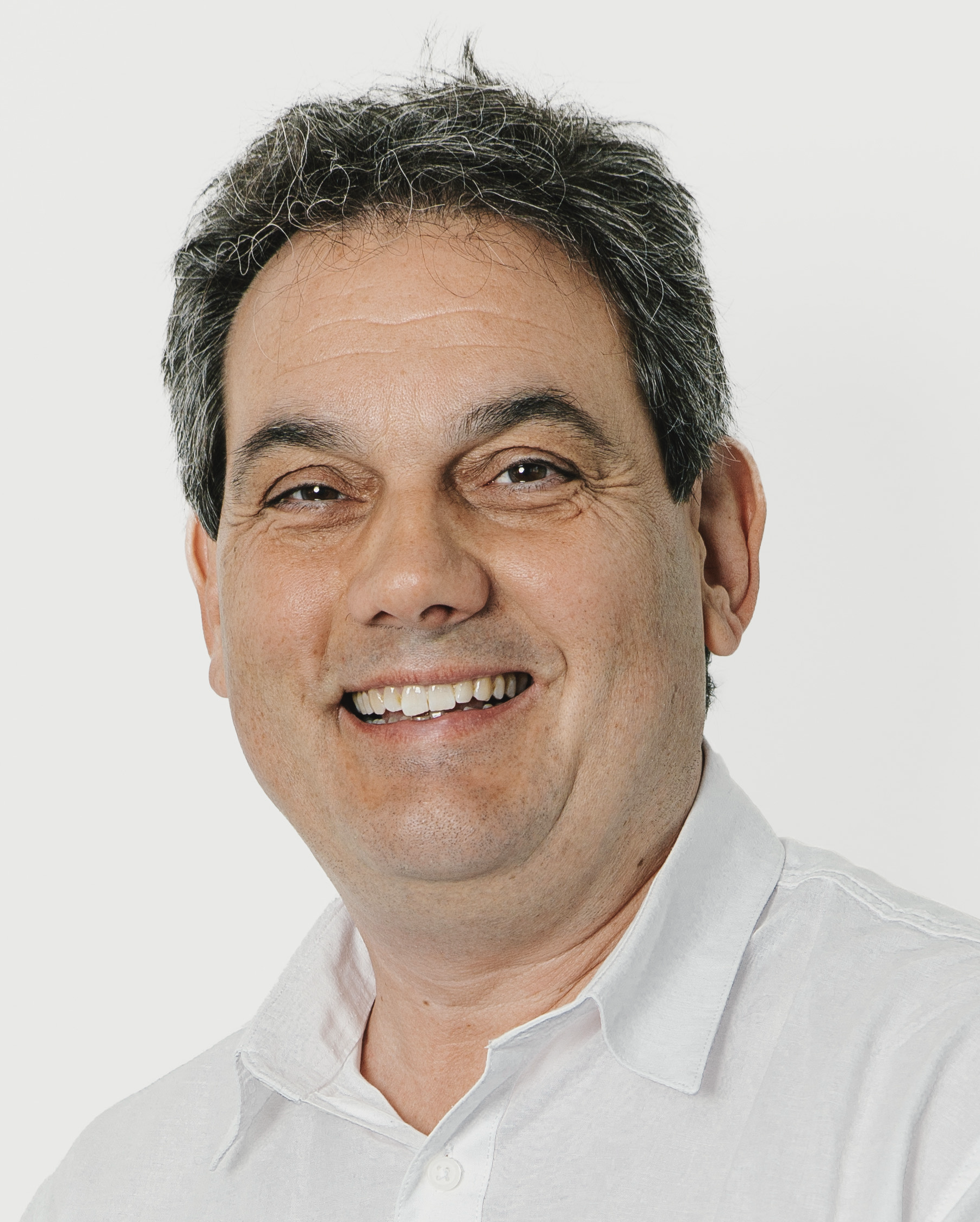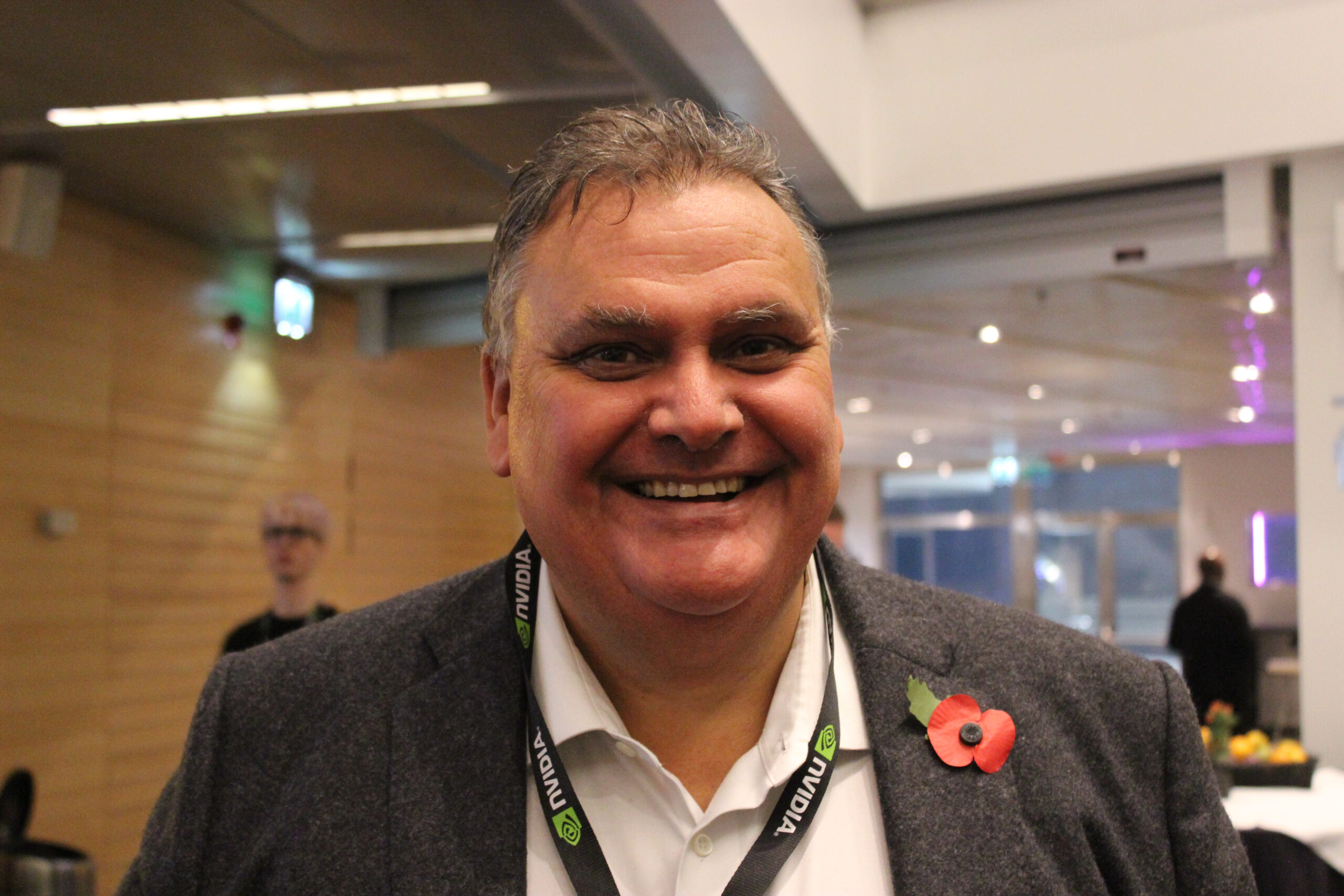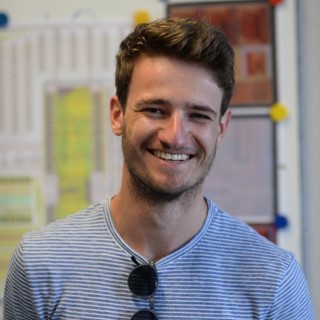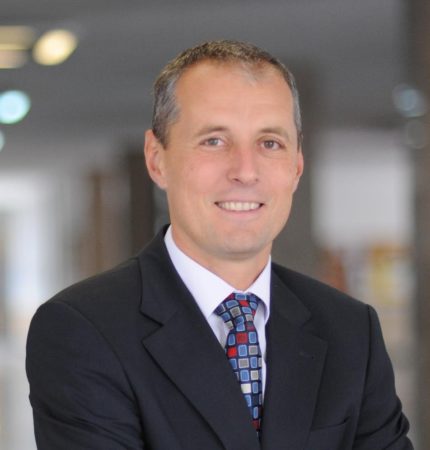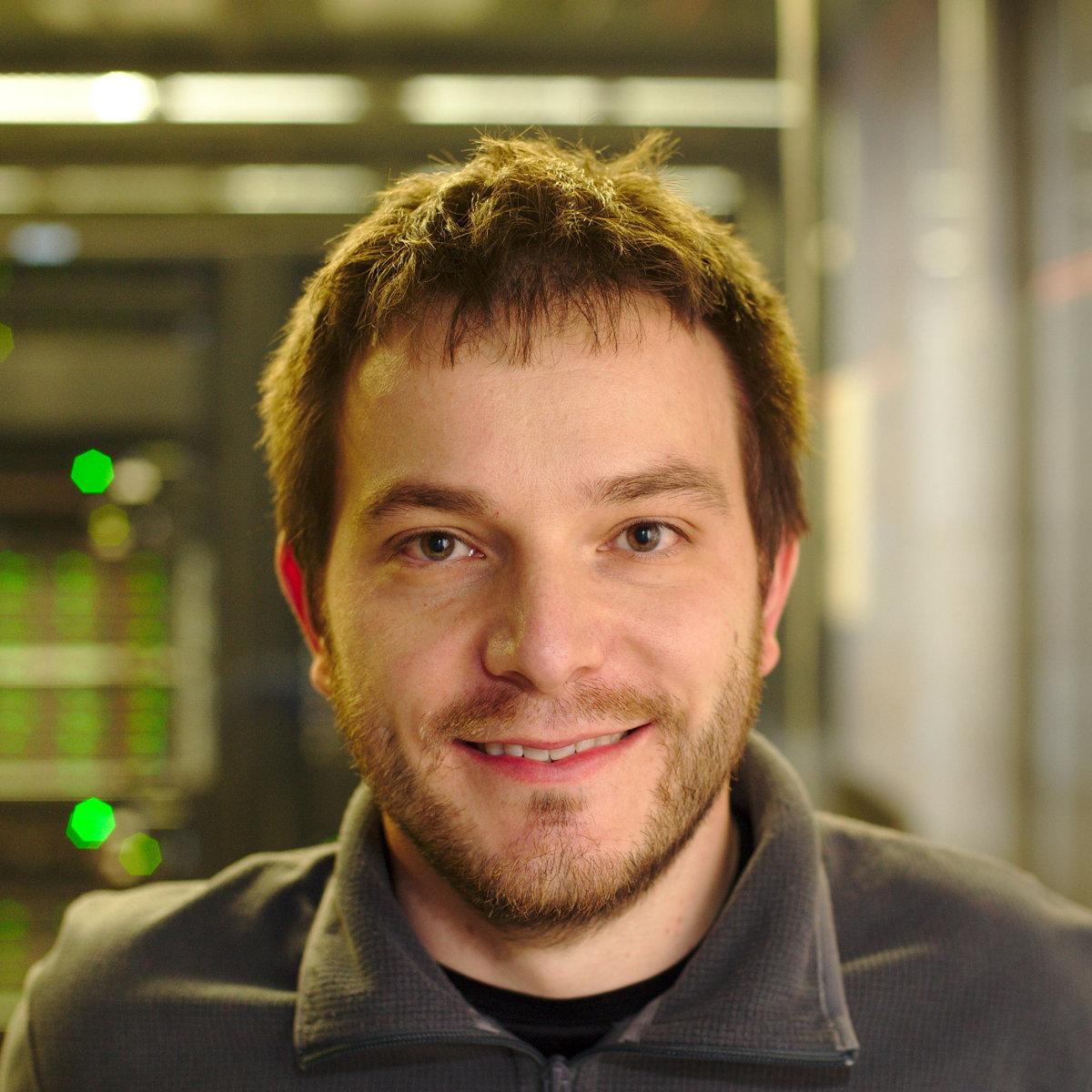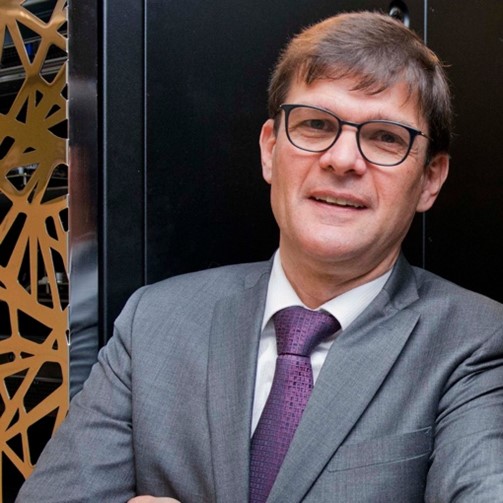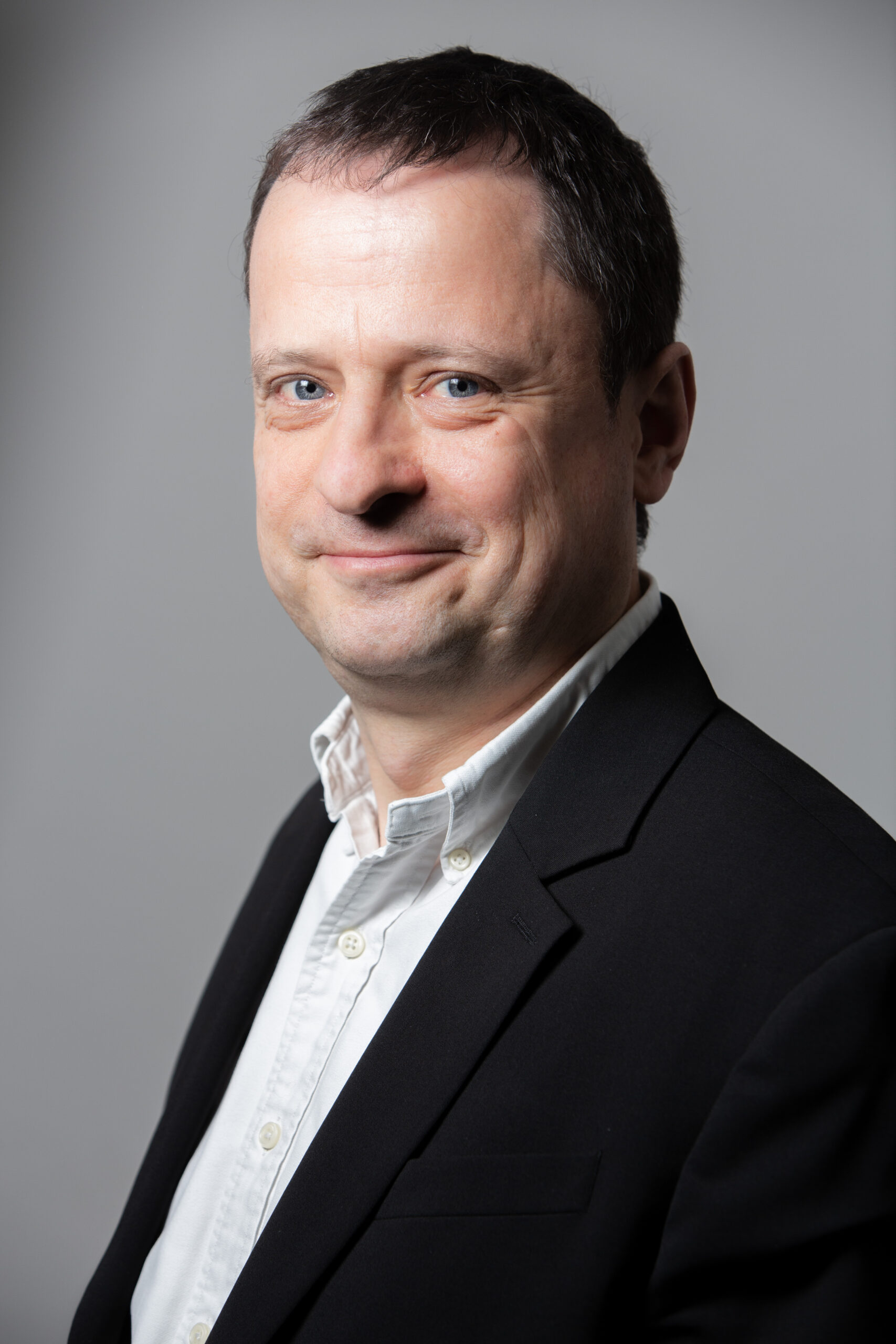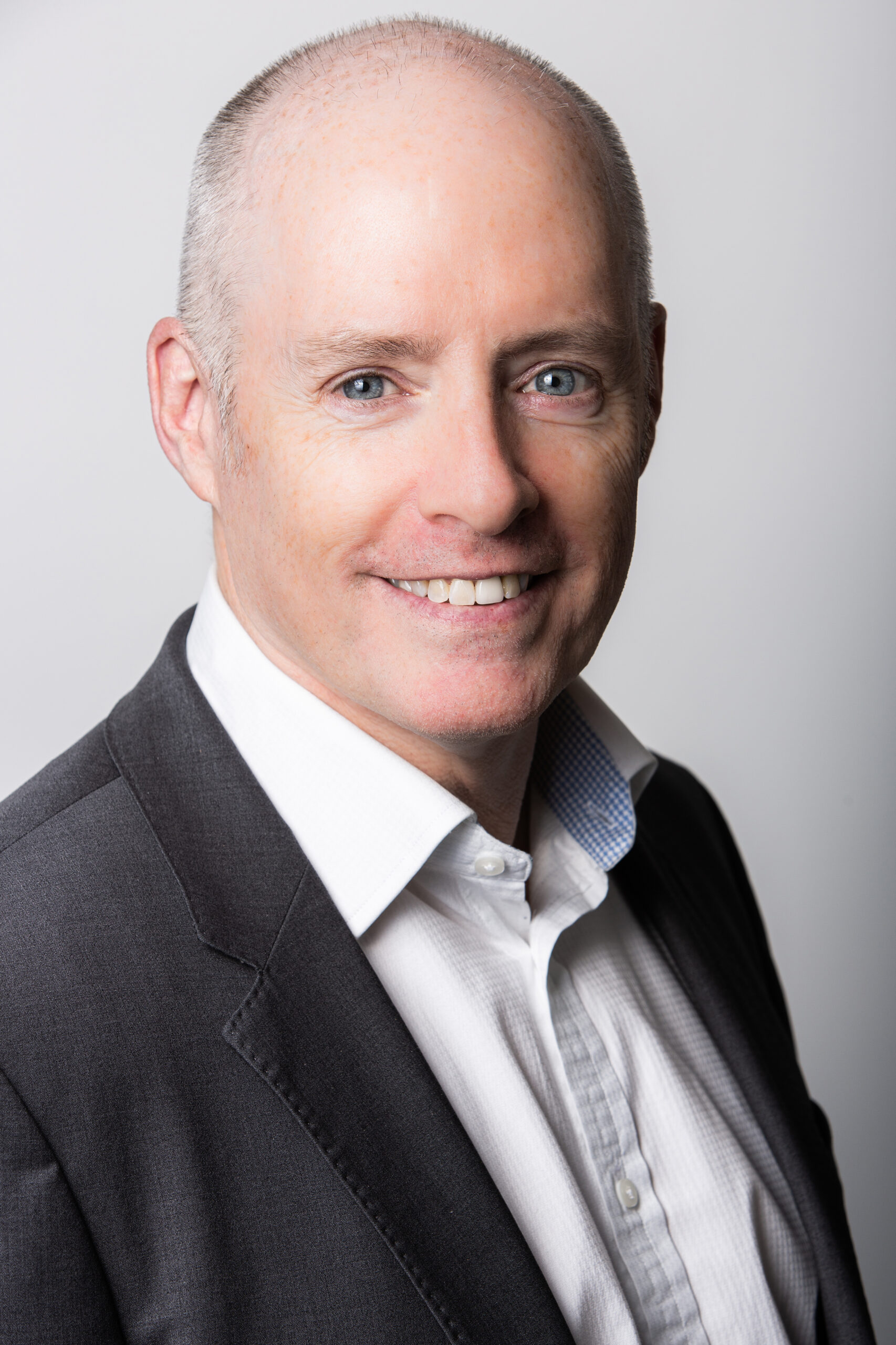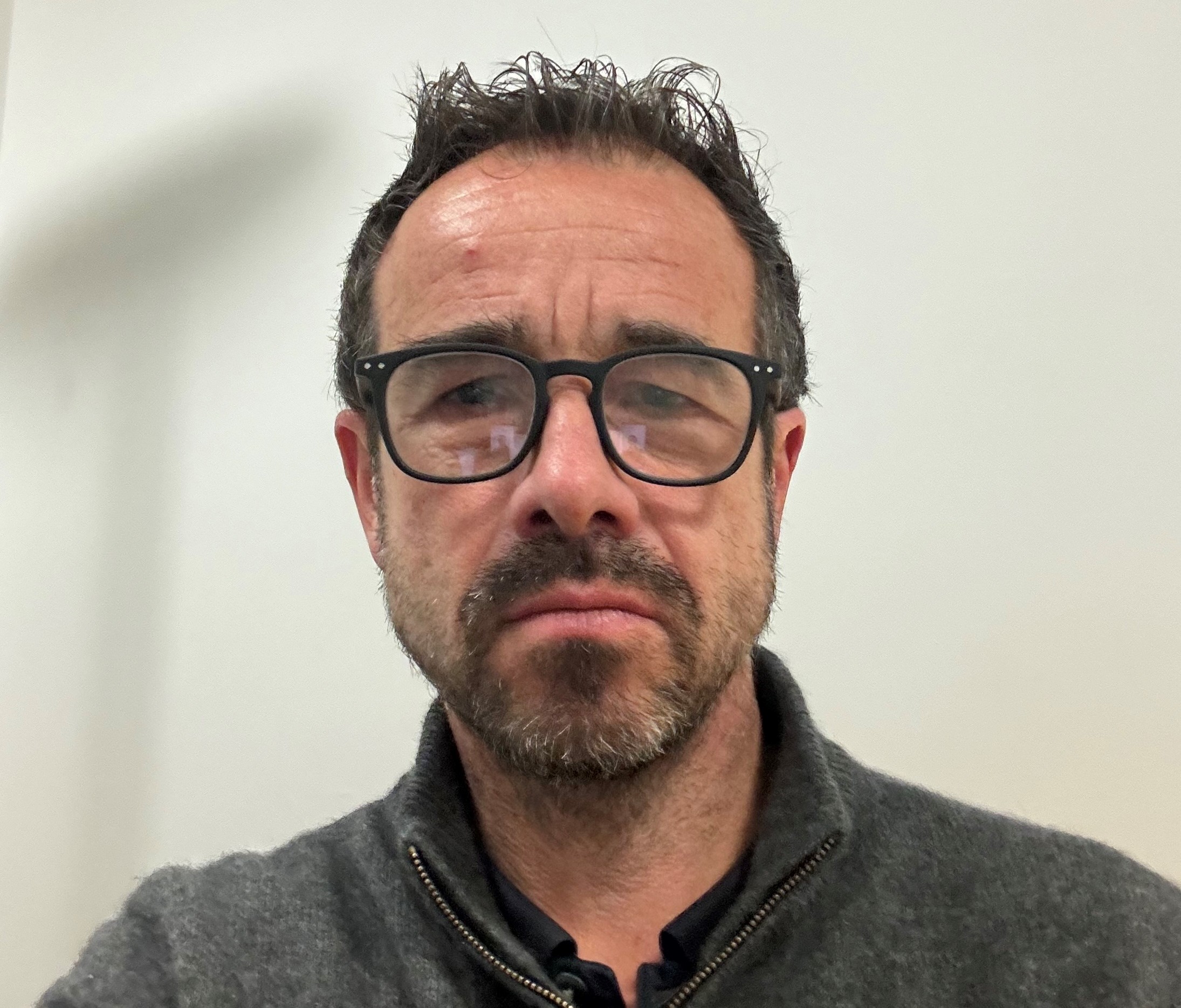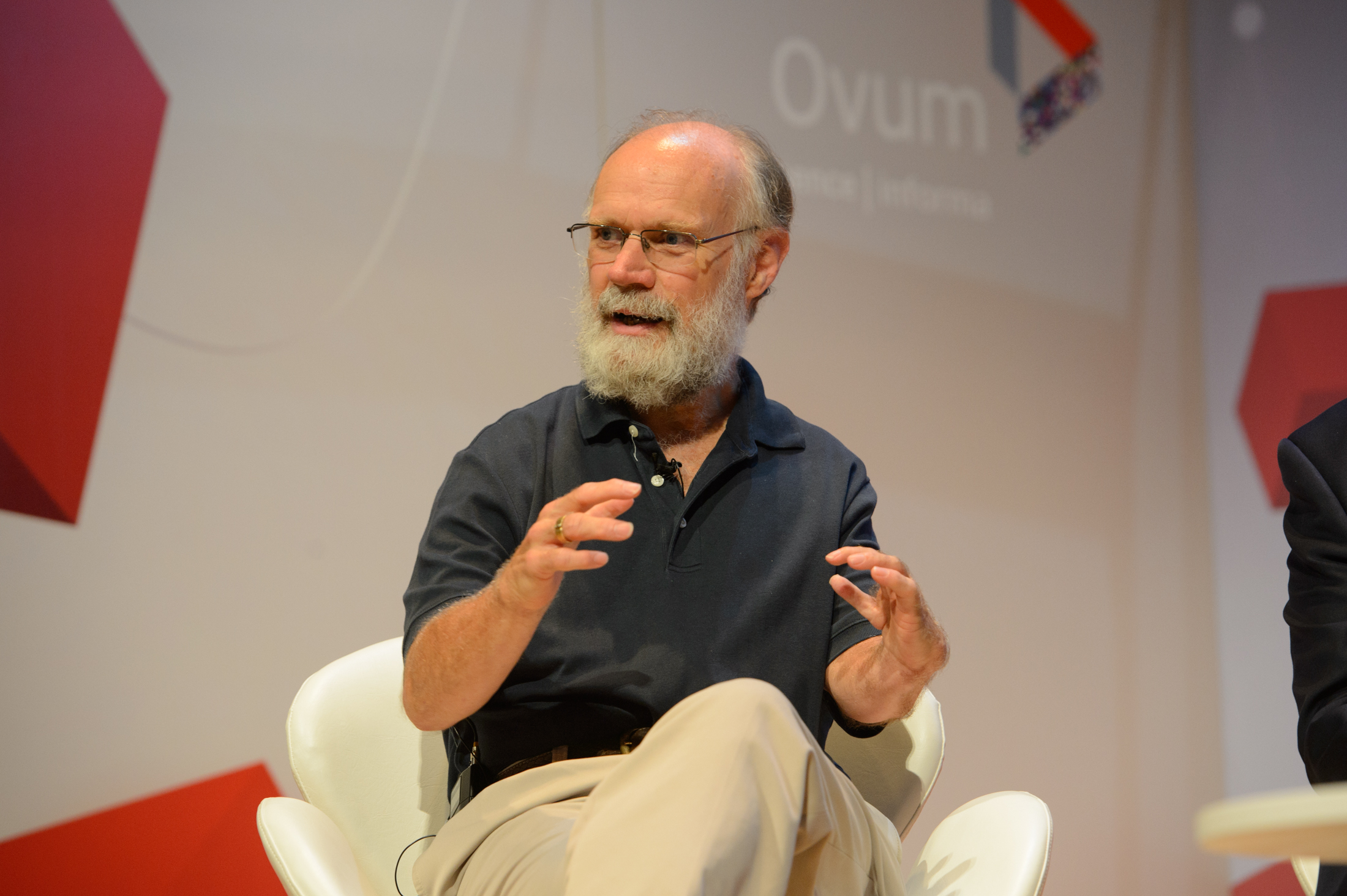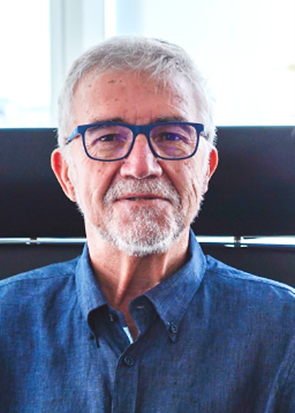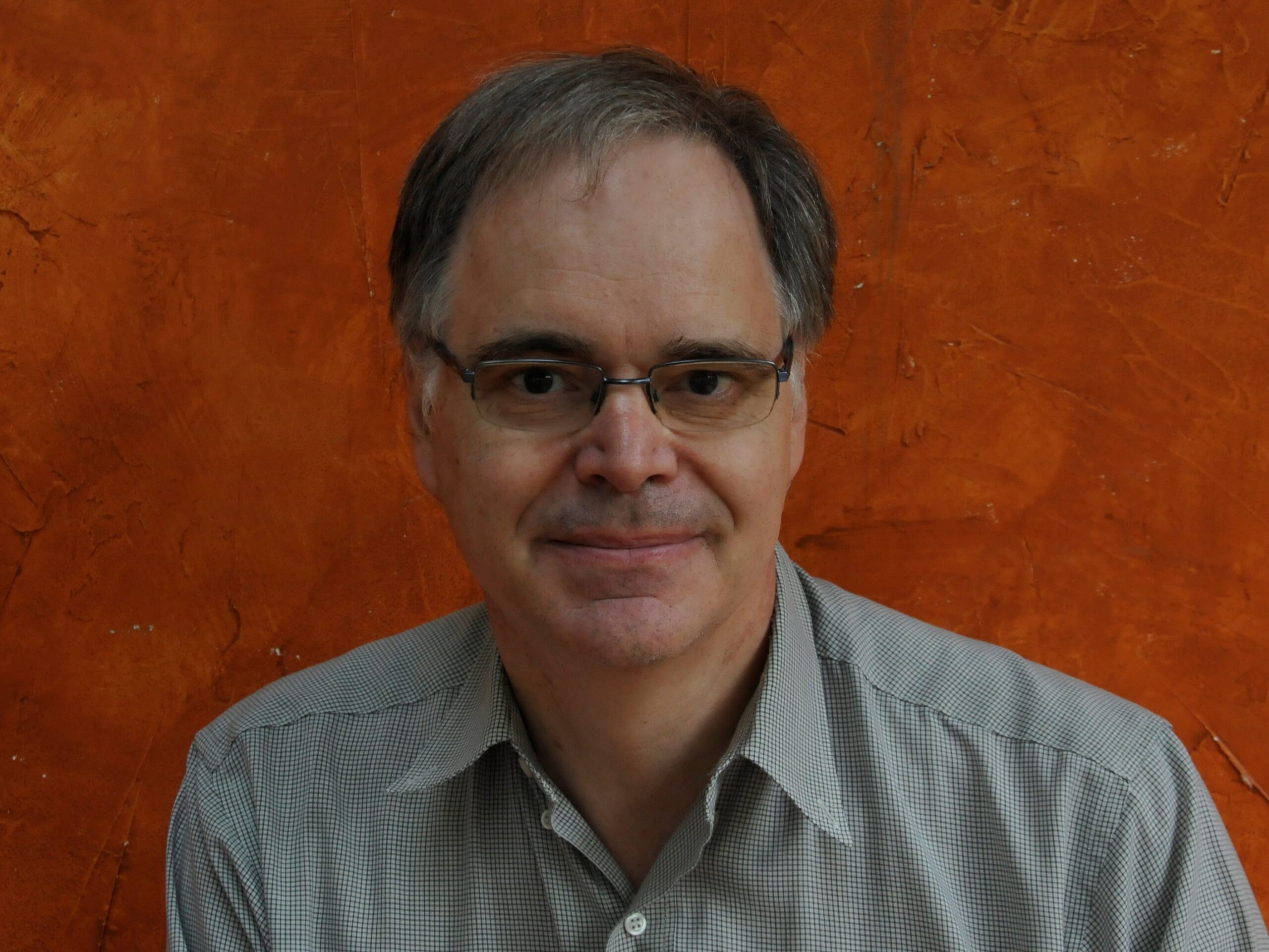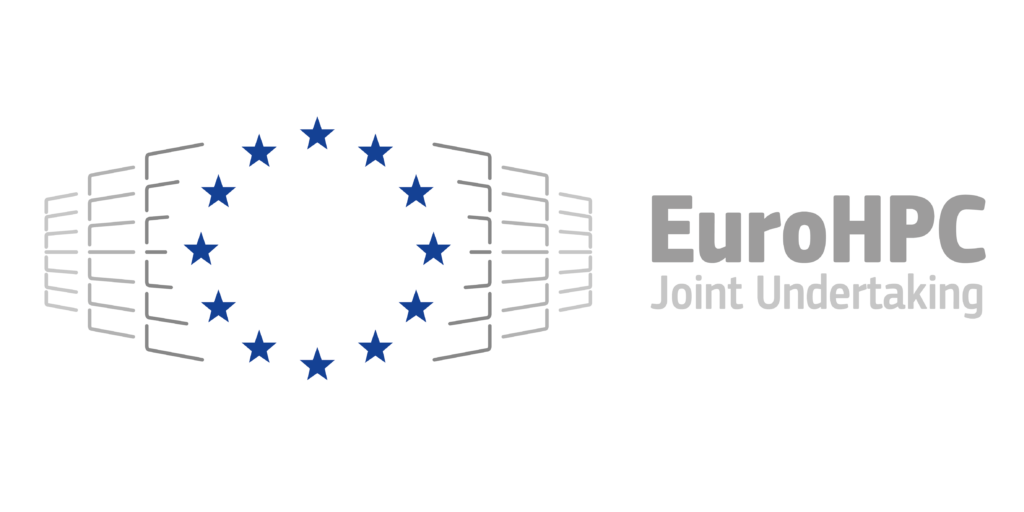Event recap BARCELONA, OCT 9-10
The European Processor Initiative held its first Forum on 9 and 10 October, 2024, in Barcelona, Spain.
EPI Forum gathered experts from the HPC ecosystem, stakeholders in the field and EPI researchers and engineers who discussed and presented EPI’s achievements so far and future developments in the Initiative.
Agenda of the event that was held can be found here: EPI FORUM AGENDA,
while the presentations and materials are available in our repository here:
https://www.european-processor-initiative.eu/dissemination-material/epi-forum-in-barcelona/
EPI Forum organizing committee wishes to thank the sponsors, speakers and panelists listed below for participating and making it a successful event. Stay tuned for announcements of the second EPI Forum next year!

